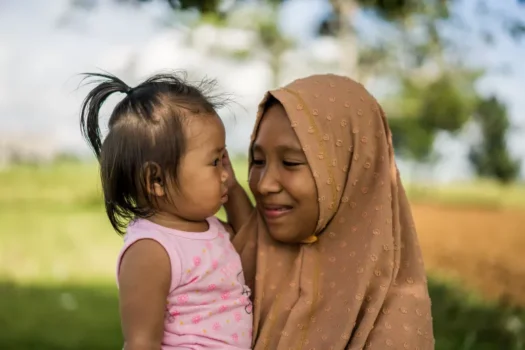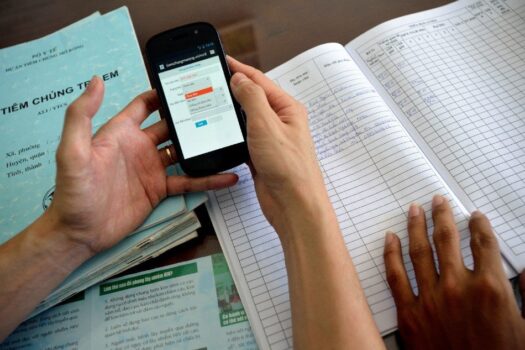Author: Christina Shaw
In the halls of the health ministry in Tunisia,
» Read more about: The Ripple Effect: How Collaborative Peer Learning is Making “Immunisation for All” Reality in Middle-Income Countries »
Author: Christina Shaw
In the halls of the health ministry in Tunisia,
» Read more about: The Ripple Effect: How Collaborative Peer Learning is Making “Immunisation for All” Reality in Middle-Income Countries »
Author: Kate Wilson, Managing Director, Impact Futures Global, LLC
BackgroundOn October 15,
» Read more about: The Role of Citizen Identifiers in Modernizing Electronic Immunisation Systems »Estimated readtime: 4 min
Linked recently had the opportunity to sit down with Gayane Sahakyan,
» Read more about: Practitioner Perspective: How Armenia uses its engagement with Linked to strengthen its immunisation programme »Dear Linked community,
As we mark the second year of the Linked Immunisation Action Network,
» Read more about: Highlighting Upcoming Activities for the Year Ahead: Annual Letter from Linked Network Leadership »The Linked Immunisation Action Network (Linked) hosted a learning exchange with middle-income countries from the European Region to discuss the use of financial and non-financial incentives to increase immunisation coverage.
» Read more about: Can Financial and Non-financial Incentives Strengthen Immunisation Programme performance? »This blog is also available in Portuguese,
» Read more about: Linked Countries Learn from Australia, Bhutan, and Vietnam About the Potential Benefits and Challenges in Implementing Electronic Immunisation Registries »Author: Christina Shaw
Governments around the world have relied on an arsenal of strategies to combat the COVID-19 virus,
» Read more about: Mobilizing the Military Medical Services for COVID-19 Response: How Sri Lanka’s Joint Civil-Military Efforts Relieved Health Workers and Ensured Continuance of Routine Immunisation »This blog is also available in Portuguese,
» Read more about: Overcoming Immunisation Workforce Challenges Due to COVID-19 »This blog is also available in Portuguese,
» Read more about: National Immunization Registers – Recent Experiences in Supporting COVID-19 Vaccination and Integrating Adult and Child Vaccination Delivery »This blog is also available in Portuguese,
» Read more about: Hesitancy on the Frontline: Lessons Learned in Preparing for and Responding to Health Care Worker Hesitancy »